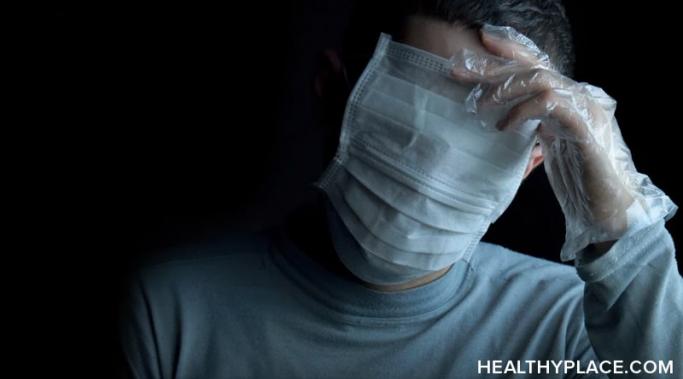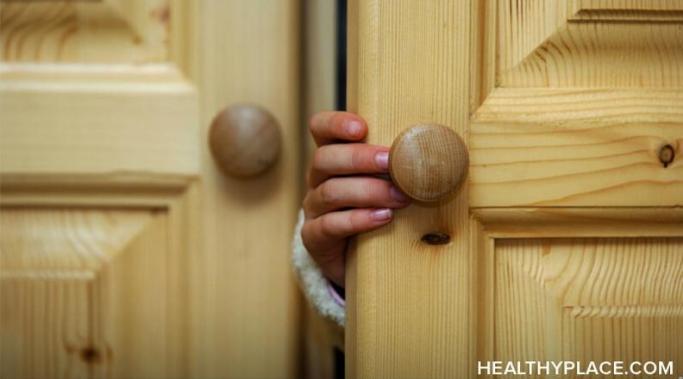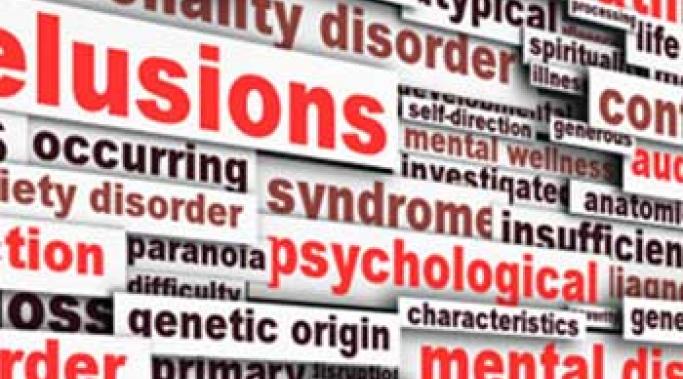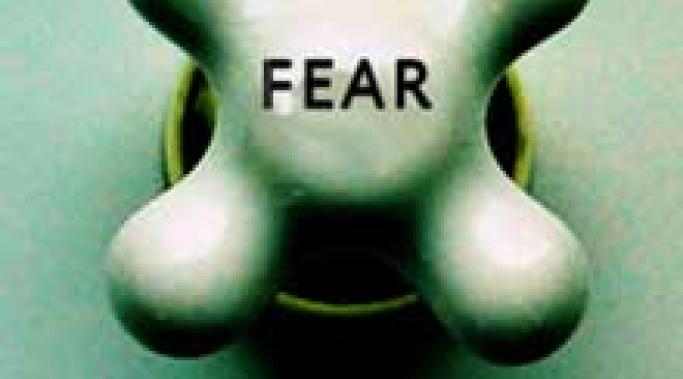Managing anxiety when you have coronavirus is not easy. When you have generalized anxiety disorder and panic disorder like I do, you are constantly catastrophizing every situation. One of the worst-case scenarios in this pandemic was, in fact, contracting coronavirus (COVID-19). Well, guess what, I have anxiety, and I got coronavirus. Aside from anxiety, I am young, healthy, and without any known coronavirus risk factors living that single girl life in Chicago (i.e., living in pure isolation). Here is my ongoing journey of managing my anxiety while having coronavirus.
Anxiety
Anxiety can help you. Really. We see anxiety as a lot of things – a disease, a nuisance, a foe, even a monster. But most people wouldn’t think of it as a messenger, and I’d bet almost no one sees it as a helper but read on to learn how anxiety can help you.
How people experience stress (Online Stress Test) is very personal but it’s critical not to let stress take over your life. What for one person is a motivating and exhilarating level of pressure, can be completely excruciating for another. Universally, there is a point for everyone where stress becomes damaging to both physical and mental health. At some point stress really does take over your life.
Coming out of the mental illness closet is tough. Almost 90 percent of the time, I do not tell people about my mental health or diagnoses. However, this article is the beginning of me living a more authentic life. I am ready to share my own mental health story, publicly, under my real name. More importantly, I want to help break the stigma around mental health and inspire other people to share their own stories. I want to come out of the mental illness closet.
Everyone has anxiety, including teens and tweens. Anxiety is important. It’s a natural reaction that our body has to a new situation. It serves as a basic survival function – like a warning system that alerts us whenever we perceive a dangerous experience. For some, it works over time and needs to be controlled. Techniques including visualization and mindfulness can help tweens or teens with anxiety.
Getting professional help for dealing with your persistent fears and anxieties is the single most important step in your recovery. Many people are reluctant to get the help they need for various reasons. Making excuses of not getting the treatment for your anxiety problems will not solve the problem. Here are a few reasons on why getting help is important.
An unexpected break-up, past criticisms, the calorie intake in a meal, the amount of money sitting in a bank... These are all examples of everyday topics that often result in consuming, repetitive and persistent thoughts. Why do we develop obsessive thought patterns and how can we free ourselves from them?
Dysfunction doesn’t run, it gallops through my family tree! Growing up in a home with parents who were depressed, anxious and with various other emotional problems, tends to create children with the same issues. I am a testament to just that. I have never felt normal. I was always very reserved, withdrawn, cried easily and often I just wanted to sleep. I had few friends. I still shy away from people.
How My Mental Health Problems Manifest as Fear
I was diagnosed with clinical depression in 2002 at the tender age of 19. Since then, my diagnosis has changed to bipolar disorder and a typical day for me is rarely free of some type of anxiety or depression. In the beginning, a number of fears came over me ranging from a fear of social situations to fear of failure and an overall fear that I would live the rest of my life fighting an endless battle trying simply to enjoy all of the wonderful things life has to offer. At the end of the day, I am strong – but so is my disorder.
How many times has someone asked you in passing, “How are you?” And you’ve responded with the common, “Good. How are you?” - even when you’re not feeling your best? Our culture often doesn’t give us permission to share our frustrations, all the different kinds of stress, or our fears and anxiety. We often want to be perceived as superheroes who can handle anything that comes our way.
But, in reality, we are all dealing with something, whether we are moving to a new home, getting married, struggling with a project at work, or feeling overwhelmed by demands from friends and family. We often need a break from daily pressures and we rarely give ourselves permission to take one. The prescription: A mental health moment.









